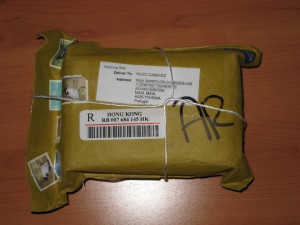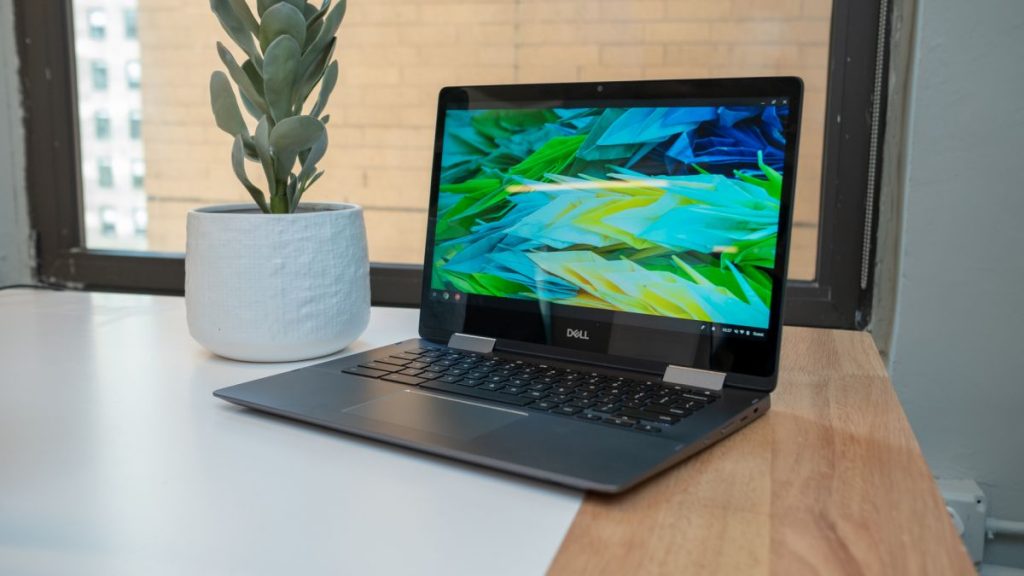

Avast used digital forensic software, FTK Imager, for its dirty work. It conducted the three types of analysis to find data on the phones,“Mass storage mount, Logical analysis, and Low Level analysis”. From the 20 phones: 40,000 photos were found, along with 750 emails and texts, 250 names and addresses, identities of 4 phone owners, and even one completed loan application. As one could predict, hundreds of the attained photos were considered pornographic.
During this discovery, it became clear that when wiping any storage device, you are not erasing the data itself. Instead of destroying data, it de-links it from the OS so that it can be overwritten. All you need is the right recovery tools to access it. Permanently deleting data on a device takes a little longer. Using disk-management and security tools is necessary for a assured wipe.


Selling your phone is a great way to make a few bucks, but a bad way to protect your privacy unless you know you to make all your data irretrievable. Very few people in the U.S. use security software on their phones, mainly because isn't preloaded on the devices like it is on computers and laptops. Considering the hacking Avast performed wasn't very advanced but the data it found was tremendous, it's worth looking into some extra protection.

 Laptop & Tablet Parts
Laptop & Tablet Parts




















